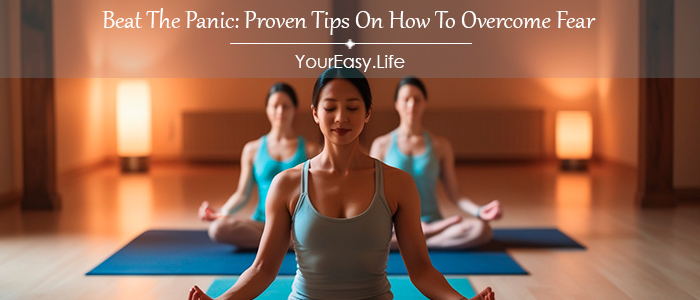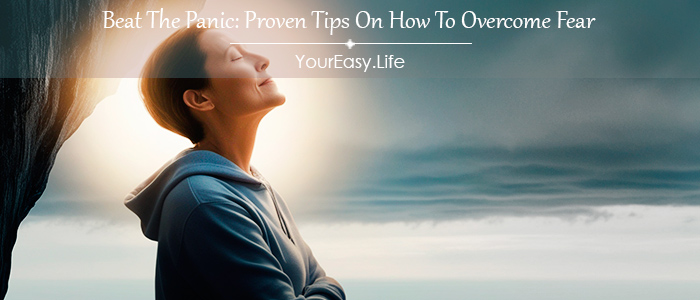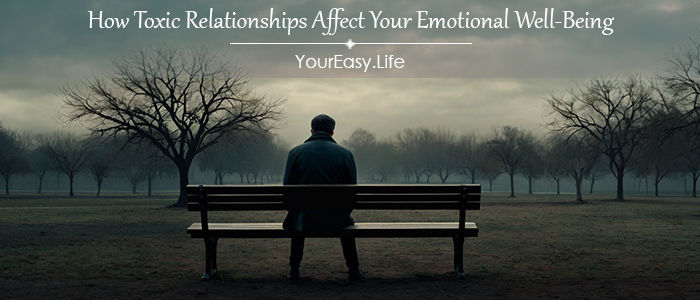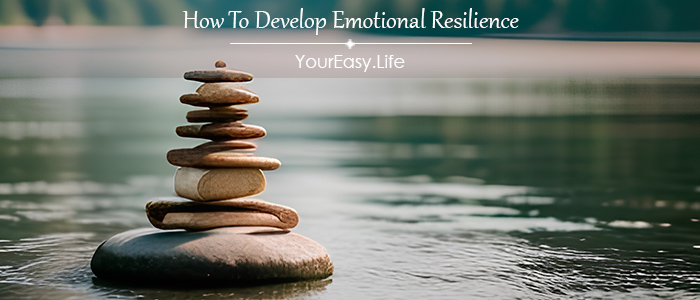Have you ever felt paralyzed by sudden fear, stripping away your confidence and leaving you frozen? This kind of in-the-moment fear can affect anyone, regardless of age, experience, or circumstances. So, what should you do when fear grips you? How can you find the strength to
Table Of Contents
- Why Does Fear Arise In The Moment?
- How To Handle Sudden Fear?
- Additional Techniques And Methods To Overcome Fear
- How Does Fear Affect Our Health?
- How Emotional Resilience Helps Overcome Fear
- How To Overcome Fear In Relationships?
- How To Overcome Fear: Additional Recommendations
- How To Stay On The Path To Improvement?
- Conclusion: You Can Overcome Fear In The Moment
Why Does Fear Arise In The Moment?
Fear is a natural response of our body to a perceived threat, helping us prepare to fight or flee. However, sometimes this reaction occurs in situations that don’t present a real danger. We might fear public speaking, talking to a boss, or even making a simple phone call. Fear hinders our decision-making, affecting our psyche, and it can feel like there’s no way out. But let’s look at it differently: fear is just a signal, and you can learn to manage it.
How To Handle Sudden Fear?
Deep Breathing: The First And Simplest Action
When fear suddenly overtakes you, the first step can be simple
Grounding: Return To The Present Moment
Often, fear is tied to thoughts about the future. We fear what might happen and forget that right now, in this very moment, everything is fine.
Reverse Thinking Method: Imagine The Worst Scenario
Sometimes fear arises from uncertainty. We fear the unknown, what might happen. The
Overcome Fear Through Positive Visualization
On the opposite side of fear is confidence. Try using
Additional Techniques And Methods To Overcome Fear
To make it easier for you to find the method that suits your case, let’s look at all the possible options that can help you quickly and effectively overcome fear.
Mini-Meditations: Calm Your Mind In A Minute
We often hear:
Physical Activity: Overcome Fear Through Movement
When fear grips you, it’s often tied to accumulated physical tension. Light
Progressive Muscle Relaxation: Tense And Relax
Self-Massage: Calm Your Body
When fear overtakes you, try
Use Affirmations To Overcome Fear
Affirmations are positive statements that help shift your mindset and overcome fear. Repeat to yourself or aloud phrases like “I can handle this,” “I am strong,” “I am in control.” This isn’t magic, but a simple way to redirect your thoughts and build confidence in your abilities.
Mindfulness: Be Present In The Moment
Contrast Shower: Shake Yourself Up
If fear has overtaken you to the point where it seems nothing helps, try a

How Does Fear Affect Our Health?
Fear isn’t just an emotional experience; it’s also physical. When we’re afraid, our body produces stress hormones like adrenaline and cortisol. They increase heart rate, tense muscles, and can cause headaches or nausea. If this process repeats often, it can lead to chronic stress, which negatively affects health.
How Emotional Resilience Helps Overcome Fear
How To Overcome Fear In Relationships
Fear can not only disrupt our internal state but also destroy relationships with loved ones. When we’re afraid, we can become irritable, withdrawn, or even aggressive, which, in turn, pushes away those who try to support us. If you notice that fear is affecting your relationships, try using
How To Overcome Fear: Additional Recommendations
Focus On Actions: What Can You Do Right Now?
When fear grips you, it’s important to shift your attention from emotions to actions.
Paradoxical Intention Method: Intentionally Intensify The Fear
Fear Partitioning Method: Tackle Each Aspect Separately
If fear seems too large and overwhelming, try
How To Stay On The Path To Improvement?
Sometimes it seems that changing your life is difficult, and you may experience fear of failure or lack of confidence. But remember, every small step toward improvement is already a success. Don’t demand the impossible from yourself, and don’t forget to celebrate your achievements, even if they seem insignificant. Accept that learning to overcome fear is another step on your path. And with each step, you will become a little better than yesterday.
Conclusion: You Can Overcome Fear In The Moment
Taking care of yourself doesn’t require big sacrifices or significant changes. Small but regular actions that help you feel better and manage your life can gradually change your life completely. Start with simple steps, and soon you’ll realize that you’ve gradually learned to
Remember that all changes start with the first step, and that step might be easier than you think. Share your successes and experiences on the path to a better life with us at YourEasy.Life!
Scientific Research, Data And Articles
- Ma X, Yue ZQ, Gong ZQ, et al. The effect of diaphragmatic breathing on attention, negative affect and stress in healthy adults. Front Psychol.
- Burke A, Lam CN, Stussman B, Yang H. Prevalence and patterns of use of mantra, mindfulness and spiritual meditation among adults in the United States. BMC Complement Altern Med.
- Russo MA, Santarelli DM, O’rourke D. The physiological effects of slow breathing in the healthy human. Breathe (Sheff).
- Sanford LD, Suchecki D, Meerlo P. Stress, arousal, and sleep. Curr Top Behav Neurosci.
- Francis AL, Beemer RC. How does yoga reduce stress? Embodied cognition and emotion highlight the influence of the musculoskeletal system. Complement Ther Med.





